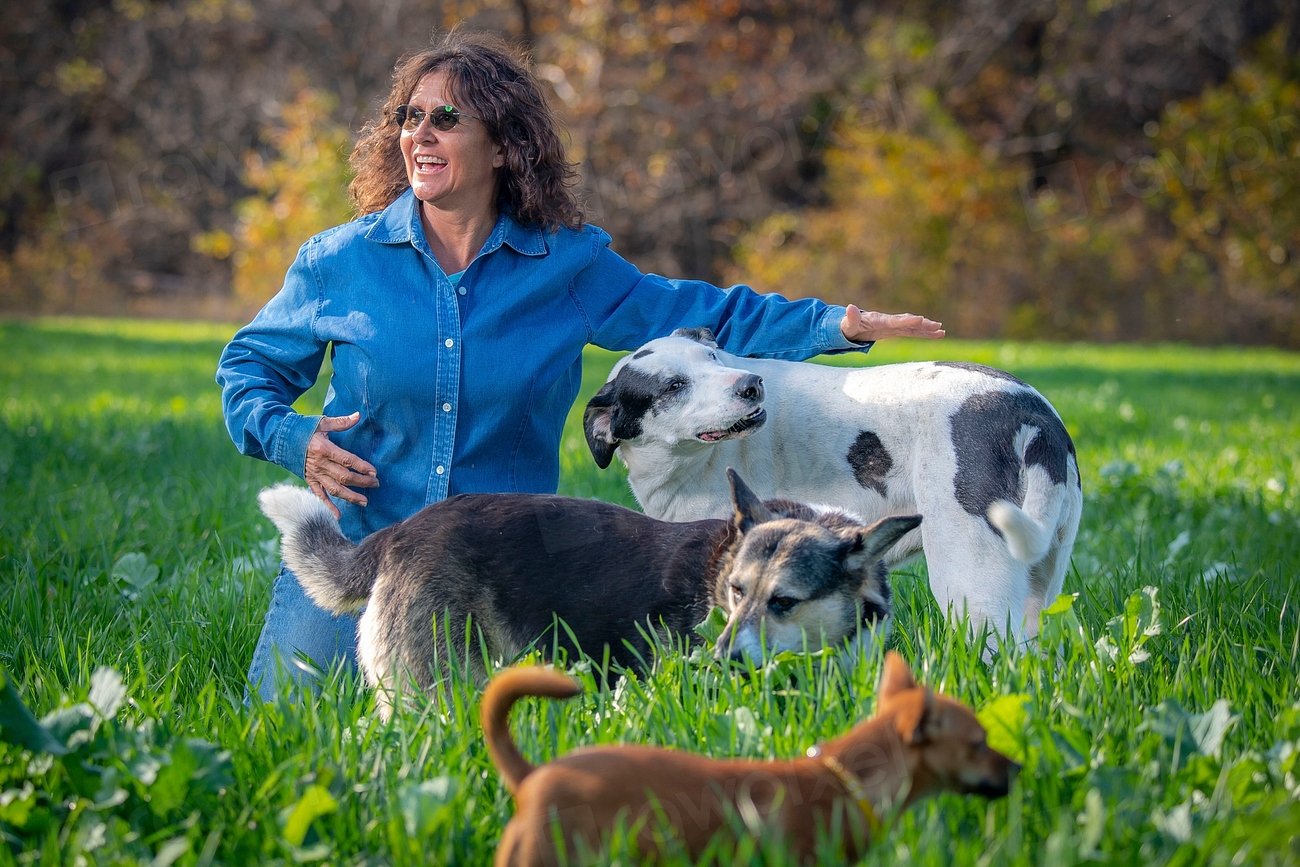Imagine waking up each morning greeted by wagging tails and eager eyes, feeling a surge of warmth before even sipping your coffee. For many retirees, adopting a dog isn’t just about companionship—it’s a decision that can genuinely transform, and even extend, their golden years. The surprising truth? Science is catching up with what dog lovers have always known: sharing life with a furry friend can bring more happiness, purpose, and even better health. Could a four-legged companion really be the secret ingredient to a longer, more vibrant retirement?
Companionship That Fights Loneliness
Retirement marks a new chapter—one filled with more time for reflection, relaxation, and the freedom to choose how to spend your days. For many older adults, adopting a dog during this stage of life offers more than just companionship; it can significantly enhance overall well-being. Studies have shown that dog ownership can lead to improved heart health, reduced stress, increased physical activity, and a greater sense of purpose—all factors linked to longevity.
Retirement often brings more free time—but sometimes, it also brings a quieter, emptier home. Loneliness can creep in, and it’s not just an emotional burden; it’s tied to real health risks. That’s where a dog comes in, filling the space with joyful presence and unconditional love. Whether you’re watching TV together or simply sharing a quiet afternoon, a dog’s company is a buffer against isolation. People who live with dogs report feeling less lonely and more connected to the world around them. It’s like having a loyal friend who never judges and is always glad you’re there.
Encouraging Daily Physical Activity
Let’s face it: it’s easy to skip a walk or spend the day on the couch during retirement, especially on gloomy days. But dogs don’t let you off the hook that easily! They need walks, playtime, and fresh air, which means you’ll move more, too. Even a gentle stroll around the block counts as exercise, keeping your joints loose and your heart healthy. Studies have shown that dog owners walk significantly more than non-owners, often without even realizing it. Plus, it’s a lot more fun throwing a ball for your dog than counting steps on a treadmill.
Reducing Stress and Boosting Mood
Ever notice how petting a dog seems to melt away stress? There’s real science behind that. Spending time with dogs lowers cortisol, the body’s main stress hormone, and boosts the release of feel-good chemicals like serotonin and oxytocin. This calming effect can lead to lower blood pressure and fewer anxious thoughts. Many retirees find that the simple act of stroking their dog’s fur or watching their playful antics brings laughter and lightness to even the toughest days. In a world that can feel overwhelming, a dog’s presence is like a natural stress reliever.
Creating Structure and Routine
After years of working, retirement can feel a bit unstructured—even aimless—for some. Dogs crave routine: set feeding times, regular walks, and daily play. Suddenly, you have a reason to get up, get moving, and keep a schedule. This predictability can make days feel purposeful and rewarding, reducing feelings of emptiness. Routine isn’t just for the dogs; it’s a gentle anchor for people, too, helping maintain mental sharpness and emotional stability. It’s remarkable how a pet’s needs can bring comforting order to a previously scattered day.
Strengthening the Immune System

Believe it or not, sharing your home with a dog can actually give your immune system a helpful nudge. Regular exposure to the harmless bacteria dogs carry can keep your own defenses on their toes. The result? Many dog owners experience fewer minor illnesses, like colds and sniffles. Some experts even suggest that having a dog in the house can reduce inflammation and improve overall wellness. It’s as if their wagging tails sweep away more than just dust—they help keep you stronger, too.
Making Social Connections Easier
Dogs are natural icebreakers. A friendly pup on a leash can spark conversations with neighbors, other pet owners, or even strangers at the park. For retirees who may feel a bit out of the social loop, this is priceless. You might find yourself chatting about dog breeds, sharing training tips, or even joining local dog groups. These interactions can blossom into lasting friendships, all thanks to your furry sidekick. With a dog at your side, you’re never truly alone, and new connections are just a walk away.
Providing a Sense of Purpose
Retirement is a major life shift; suddenly, the daily grind is gone, and the question “What now?” can loom large. Caring for a dog offers a clear answer. You’re responsible for another life—feeding, grooming, vet visits, and cuddles. This sense of purpose can be incredibly fulfilling, giving retirees a reason to look forward to each day. It’s empowering to know that you’re making a difference in your pet’s world, and in turn, they enrich yours in ways you might never have expected.
Improving Heart Health
The bond between humans and dogs doesn’t just tug at the heartstrings—it can actually strengthen the heart itself. Research has found that dog owners often enjoy lower blood pressure and healthier cholesterol levels. Regular walks, play, and the stress-reducing magic of canine companionship all contribute to a healthier cardiovascular system. Some studies even suggest that dog ownership is linked to a lower risk of heart disease and longer lifespan. Every joyful bark or wagging tail might be helping your heart beat stronger for longer.
Sharpening the Mind
Caring for a dog isn’t just physical—it keeps your mind active, too. Remembering feeding times, learning new tricks, or navigating unexpected vet visits all challenge the brain in little ways. For retirees, mental engagement is key to maintaining cognitive health. Dogs also encourage mindfulness, drawing you into the present moment. Watching them chase a butterfly or nap in the sun, you can’t help but pause and appreciate simple joys. That kind of mental reset is priceless during retirement.
Offering Unconditional Love and Emotional Support

One of the most beautiful things about dogs is their unwavering, unconditional love. No matter what kind of day you’ve had, your dog greets you with excitement and affection. This emotional support is especially valuable during retirement, when life’s changes can sometimes feel overwhelming. Dogs have an uncanny ability to sense when you need comfort, offering a warm nuzzle or simply resting their head in your lap. Their loyalty reminds us that, no matter what, we’re never truly alone.
Adopting a dog in retirement is more than a heartwarming decision—it’s an investment in your health, happiness, and overall longevity. From encouraging daily exercise and routine to offering emotional support and meaningful companionship, dogs have a remarkable way of enriching our lives in ways both big and small. For retirees, this bond can provide a renewed sense of purpose and connection, helping to combat loneliness and promote a more active, engaged lifestyle. In choosing to welcome a dog into your home, you may find not only a devoted friend, but also a path to a longer, more fulfilling life.





